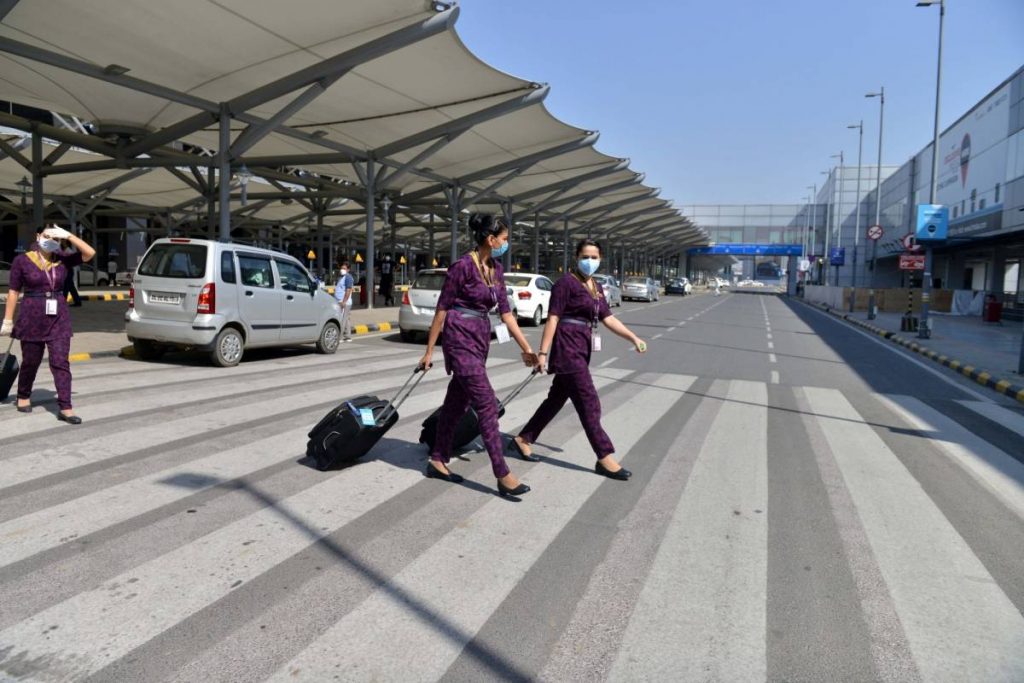The top 10 firms using ICT contract visas in 2019 in the UK included TCS, Infosys, Wipro and Tech Mahindra…reports Asian Lite News.
Some good news is in the offing for Indian IT professionals visiting the UK on Intra Corporate Transfer (ICT) visas for short-term assignments as the UK Home Office is examining a proposal to allow them to settle in the country instead of mandatory return to India.
This route enables international businesses to deploy key employees at their UK branch on a temporary basis based on need.
Indian nationals accounted for 97 per cent of ICT contractor visas issued by the UK in 2019, with a large part going to the IT sector. This category allows employees to carry out work for a third-party organisation whilst still being employed by the sponsor. In 2019, total ICT contractual visa applicants in the UK were at 26,745 while those through the conventional route were 15,549. The numbers for both categories halved in 2020, but officials attribute the sharp decline to the ongoing pandemic.
The top 10 firms using ICT contract visas in 2019 in the UK included TCS, Infosys, Wipro and Tech Mahindra.
However, the changes in the ICT visa regime, proposed recently by the Migratory Advisory Department of the UK government to the Home Office, could be a mixed bag as it also proposes a higher salary threshold that must be updated annually and more stringent monitoring and enforcement of rules.
These suggestions arise out of a study carried out by the Migratory Advisory Department, commissioned by the Home Office, on operation and effectiveness of the ICT route.
Making a case for allowing ICT visa-holders an option to stay permanently that is offered to those on Skilled Worker (SW) visas, the report states that migrants may not know their settlement intentions when they first arrive, or these may change over time, but migrants working in the UK on an ICT visa make meaningful contributions to the UK economy through taxes, skills and services.
“We think it is only right that they should be afforded the same access to long-term settlement as those on the SW route. Such a change should also reduce the incentive for migrants to quickly switch into the SW route (which has been allowed recently) and therefore help to tackle some of the issues employers raise about the costs and disruption of migrants switching,” the report suggested.

While the SW visas issued by the UK are much larger in number than the ICT visas and have lower salary thresholds and the option of settlement, the ICT route has its advantages such as speed of issuance, lack of English language test requirement, inclusion of some allowances while assessing salary threshold fulfilment and multiple entry allowance.
ALSO READ-Gandhi statue vandalised in Australia














